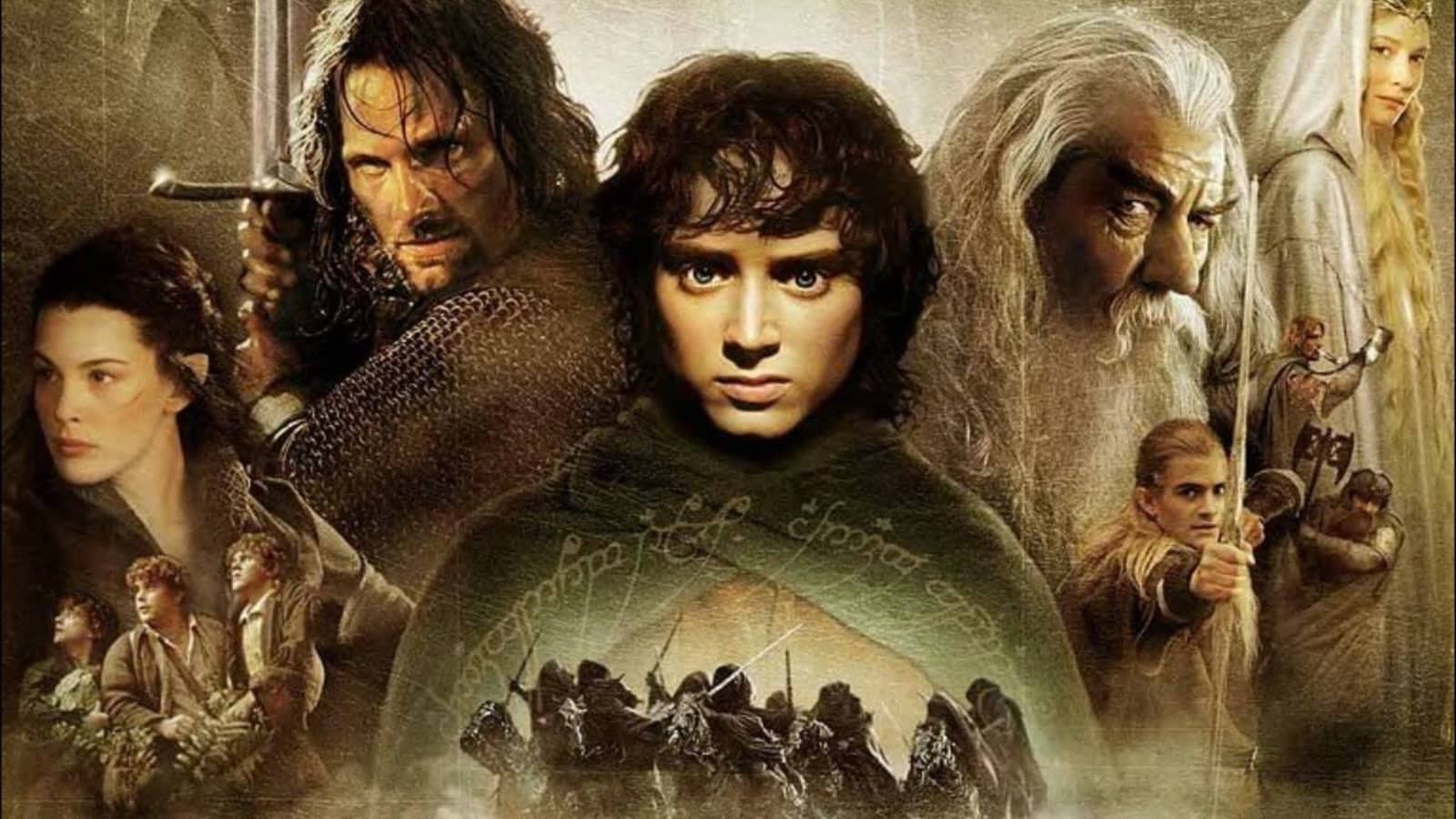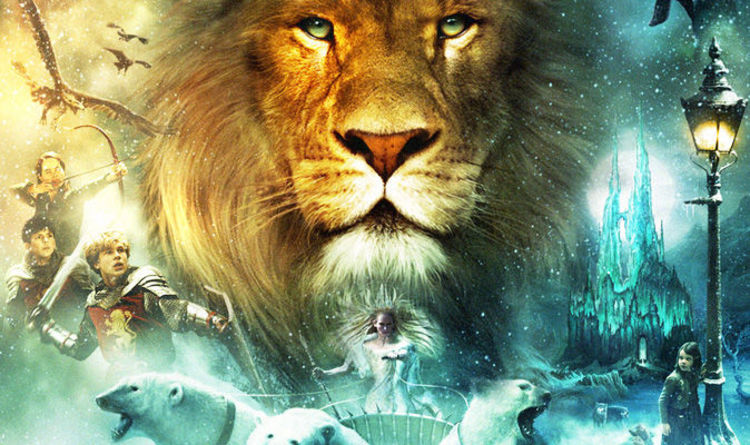Following on from my recent blog post Echoes of Christ: Sacrificial Love in Our Favourite Stories, where I had fun talking about Harry Potter and Christian imagery, and my following post in which I spoke about Doctor Who, I thought I’d turn to a couple of the most familiar and beloved fantasy stories.

The Chronicles of Narnia
If you are familiar with The Chronicles of Narnia, or at least with the most famous book of the series, The Lion, the Witch and the Wardrobe, it may not come as a surprise to you that I have included the series in this selection of stories that reflect the sacrificial love of Christ. C.S. Lewis writes the this narrative as a Christian near-allegory, a story that follows and reflects the biblical narrative. Aslan, a kingly, powerful, majestic, and yet loving and gentle character, is a clear image of Jesus. Aslan is described as the son of the ‘Emporer-beyond-the-sea’, just as Jesus is the Son of God, and on a more basic level, Aslan is a lion, an image used throughout the Bible.
Perhaps most significantly, Aslan is seen presented as a saviour, one who lays down his life for the guilty and is raised victoriously to life. Following Edmund’s betrayal, Aslan takes the place of Edmund and is killed by the White Witch who, under the laws of the Deep Magic from the Dawn of Time is entitled to kill every traitor. The White Witch is not, however, aware of the Deeper Magic from the Dawn of Time and has not realised that if an innocent being willing offers their own life in place of a traitor’s, the Deeper Magic would reverse death itself and restore them to life. Aslan is raised triumphantly to life and defeats the White Witch in battle, a picture of how Jesus overcame Satan at the cross and defeated death as he was raised victoriously to life
To quote Echoes of Eden by Jerram Barrs (mentioned in my previous blog post):
At the very heart of this book we see the sacrifice of Aslan, his offering of himself as one who is innocent for one who is guilty… We see not only Aslan’s miserable death but also his glorious resurrection from the state of death.
It is clear that C.S. Lewis wrote this story to point readers to the good news of Jesus. Throughout the Chronicles of Narnia, from The Magician’s Nephew to The Last Battle, we sea a creation story, a salvation story and a story of the new creation.

The Lord of the Rings
Like the stories we’ve looked at so far, Tolkien’s The Lord of the Rings is also very much centred around acts of sacrificial love. From beginning to end characters are required to put themselves second to what is more important. As with Harry Potter and Narnia there is a clear battle between good and evil and an emphasis on choosing what is good, and right, and noble. There are many characters throughout the narrative that reflect Christ in different ways.
The most obvious character would be Gandalf, who lays down his life for the fellowship in order to save them from the powerful and evil Balrog, which Gandalf fights for two nights and two days. Gandalf reflect Christ even more clearly when he returns, with yet more power and authority, no longer Gandalf the Grey but Gandalf the White. In him we see a clear picture of Christ’s sacrifice on the cross, defeat of the devil and his victorious triumph over the grave. But we also see Jesus reflected in other characters too, in the good king Aragorn, in Frodo and his willingness to give his life in order to save Middle Earth, and in Sam in his constant service and his willingness to give his life to the very same monumental cause.
To quote Echoes of Eden just one more time:
‘Self-sacrifice is at the center of The Lord of the Rings. Whether it is Gandalf, prepared to sacrifice himself in Moria, or Theoden going out to battle, knowing he is going to die, repeatedly the central characters are willing to give up their lives out of love for others. Aragorn, the servant king, faces the possibility of death countless times in his commitment to love and serve others. Frodo and Sam go to Mount Doom with no hope of surviving, but ready to sacrifice themselves for the salvation of others.’
